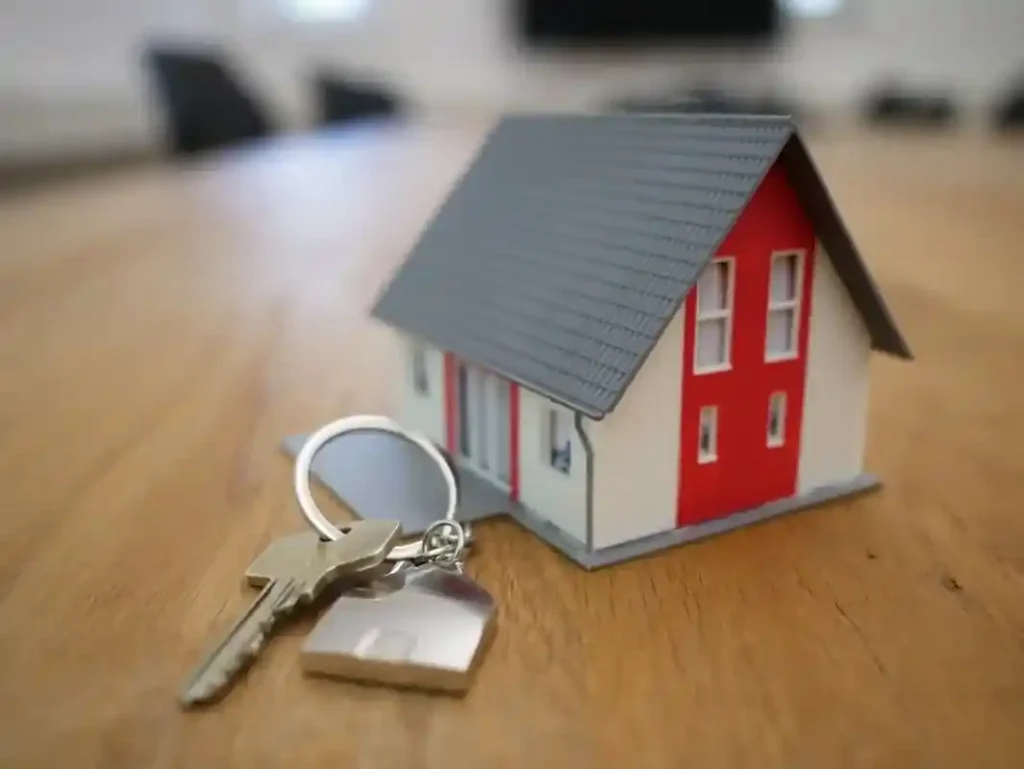Buying a new home is one of the most significant financial decisions most people will make in their lives. Whether you are purchasing your first house or upgrading to a larger property, there are numerous factors to consider to ensure the decision is both financially sound and a good fit for your lifestyle. With a wide range of options available, it’s easy to become overwhelmed by the process. However, understanding the key aspects of home buying will help streamline your decision-making and allow you to make an informed choice.
Start with a Budget and Pre-Approval
Before beginning the search for a new home, it is crucial to establish a clear budget. This includes assessing your current financial situation, including income, expenses, and savings. It’s essential to determine what you can afford in terms of monthly mortgage payments, property taxes, and insurance. Typically, experts recommend that housing expenses should not exceed 28-30% of your gross income.
Additionally, getting pre-approved for a mortgage can help you understand what you qualify for and give you an upper hand when negotiating with sellers. Pre-approval shows that you are a serious buyer and may even lead to more favorable terms when making an offer on a property. It also allows you to focus your search on homes within your price range, avoiding the frustration of falling in love with a property that is out of your budget.
Inspect the Property
Before committing to a new home, it’s essential to have a thorough inspection conducted by a qualified professional. Home inspections can reveal underlying issues with the structure, plumbing, electrical systems, or roof. These findings can be crucial in determining whether the house is a sound investment or if repairs will be necessary soon after purchase.
Beyond the structural aspects, it’s also a good idea to inspect the home’s aesthetic elements and its suitability for your needs. Ensure that the layout and square footage align with your expectations, and pay attention to factors such as natural light, storage space, and the overall flow of the house.
Security Considerations
When buying a new home, security should also be a priority. In addition to the standard concerns of locks, windows, and alarm systems, new homeowners should be aware of potential risks such as porch piracy. This term refers to the theft of packages from doorsteps, a growing problem in many residential areas. Installing security cameras and a well-lit entryway can help deter criminals from targeting your property. Many modern smart home security systems offer features such as motion detection, video surveillance, and remote monitoring, which can provide peace of mind when you’re not home.
Beyond external security, it’s also important to check the safety of the neighborhood and the crime rate in the area. Some home buyers may even opt for gated communities or homes with additional security measures if they feel more comfortable with extra protection.
Think Long Term
When purchasing a new home, it’s essential to think beyond your immediate needs and consider how the property will suit you in the years to come. Are you planning on starting a family? Will the house have enough space as your children grow? Is the home’s location conducive to your long-term career or lifestyle goals? These are important questions to ask yourself, as the home you buy today should also be one that you can grow into.
Resale value is another critical factor. Even if you plan to live in the home for several years, it’s wise to think about its potential resale value. Factors such as the home’s condition, location, and any planned developments in the area can influence its value in the future.
Final Thoughts
Buying a new home is an exciting journey, but it requires careful planning and consideration. By setting a clear budget, researching neighborhoods, conducting thorough property inspections, and considering long-term needs, you can make an informed decision that meets both your immediate and future needs. Paying attention to safety, including potential risks, and understanding the full scope of ongoing costs will further ensure that your new home is a sound investment. By taking these steps, you’ll be better equipped to navigate the home-buying process with confidence and success.


